Stories from the Front Lines Our School of Pharmacy alumni are working on the front lines of the pandemic and experiencing the impact of the public health crisis firsthand. Read their stories in their own …

3 most recent stories to be displayed on the SoP homepage.

Stories from the Front Lines Our School of Pharmacy alumni are working on the front lines of the pandemic and experiencing the impact of the public health crisis firsthand. Read their stories in their own …
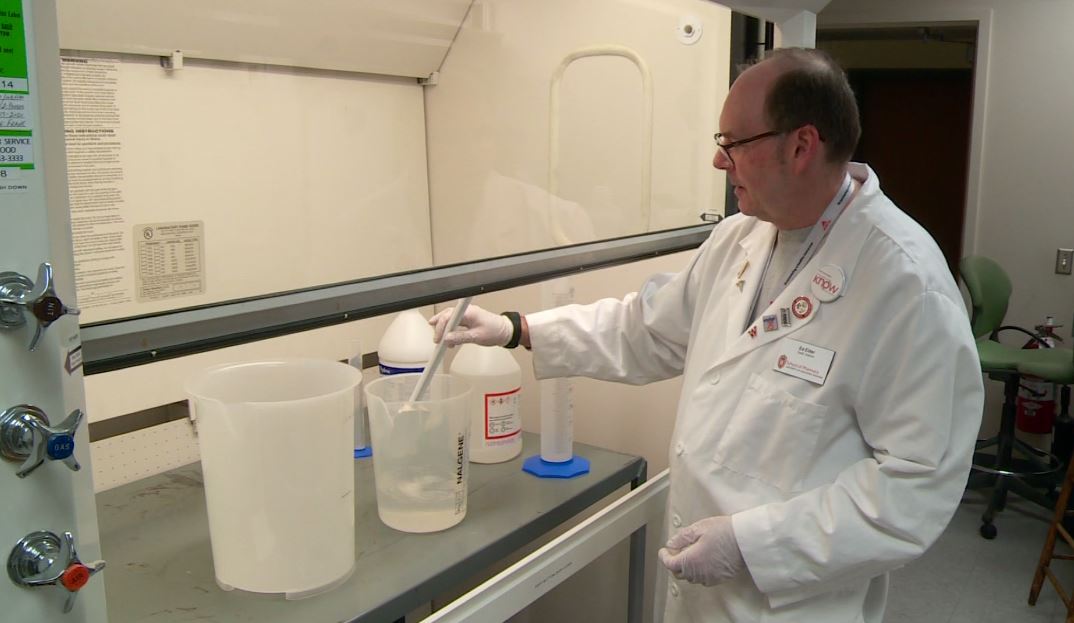
Zeeh Pharmaceutical Experiment Station partners with UW Health Pharmacy Services to provide vital supplies for healthcare workers By Katie Ginder-Vogel With hand sanitizer in short supply around the world during the COVID-19 pandemic, the UW–Madison …
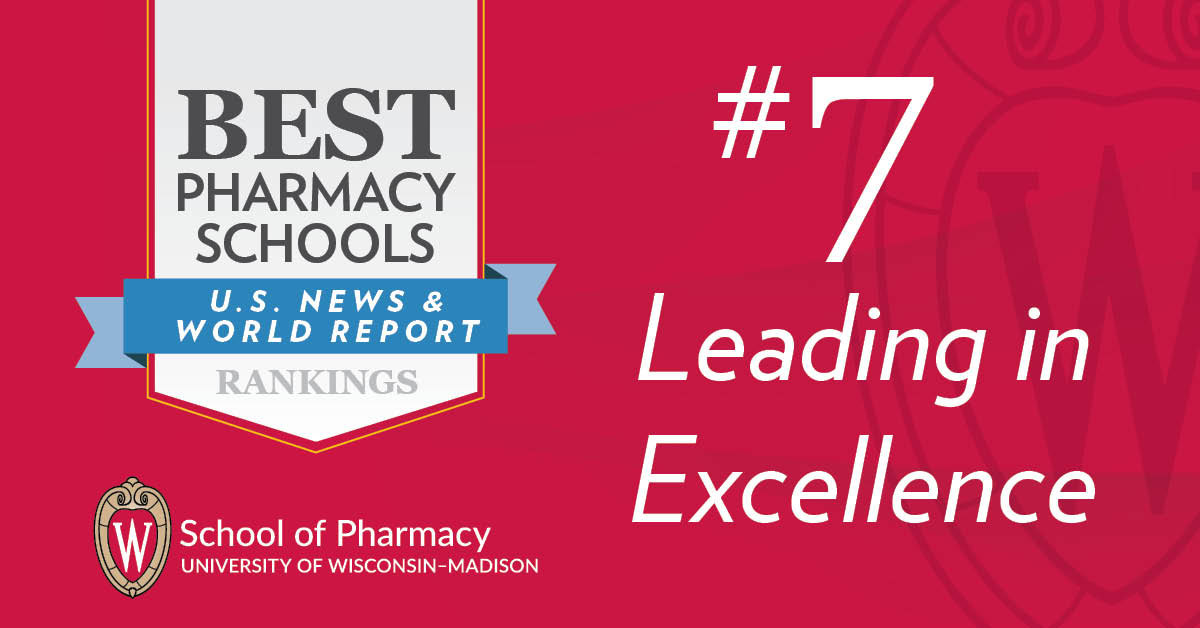
7th in the Nation in Best Pharmacy Schools Rankings UW–Madison School of Pharmacy and it’s Doctor of Pharmacy (PharmD) program are once again ranked among the nation’s best in the 2021 edition of U.S. News …
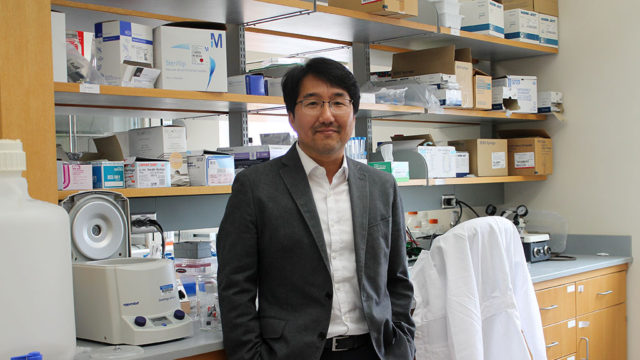
By Eric Hamilton This article originally appeared on UW–Madison’s news page. University of Wisconsin–Madison researchers have developed nanoparticles that, in the lab, can activate immune responses to cancer cells. If they are shown to work as …
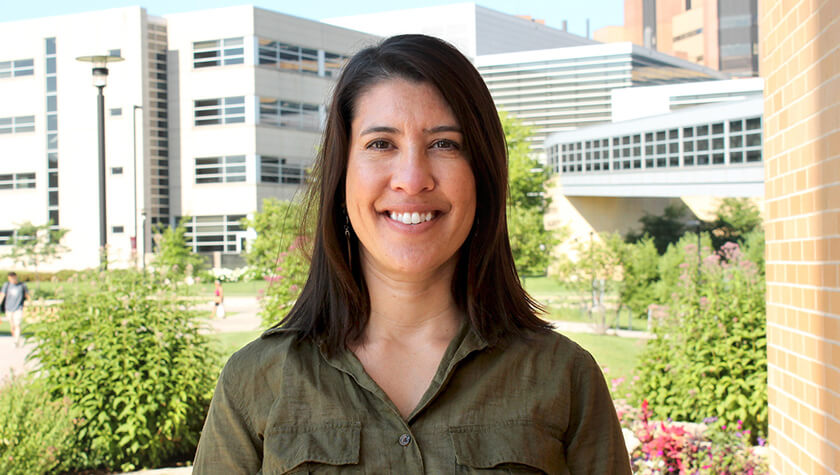
Through new strategic plan initiatives and an added leadership position, the School is enhancing efforts to educate inclusive pharmacists.
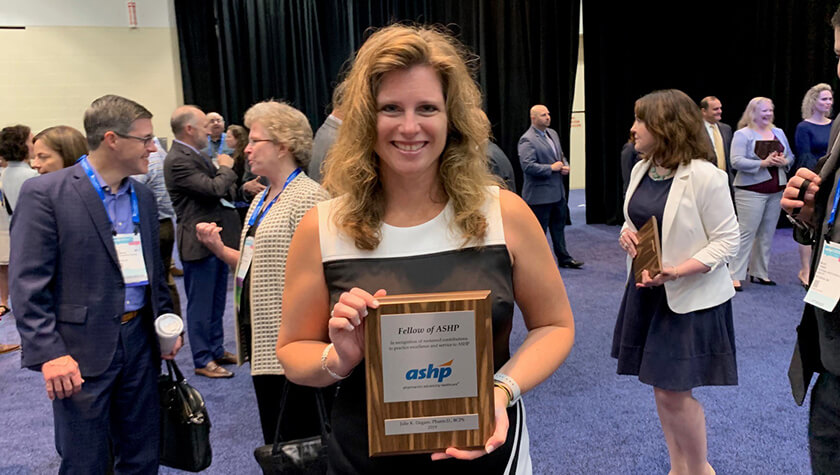
Alumna Julie Dagam is honored as a 2019 American Society of Health-System Pharmacists fellow, in recognition of contributions to pharmacy practice and her profession.

In the second in a three-part series exploring how School of Pharmacy researchers are curbing the opioid epidemic, faculty are testing a new tool to improve appropriate prescribing and leveraging pharmacist expertise to increase naloxone dispensing.
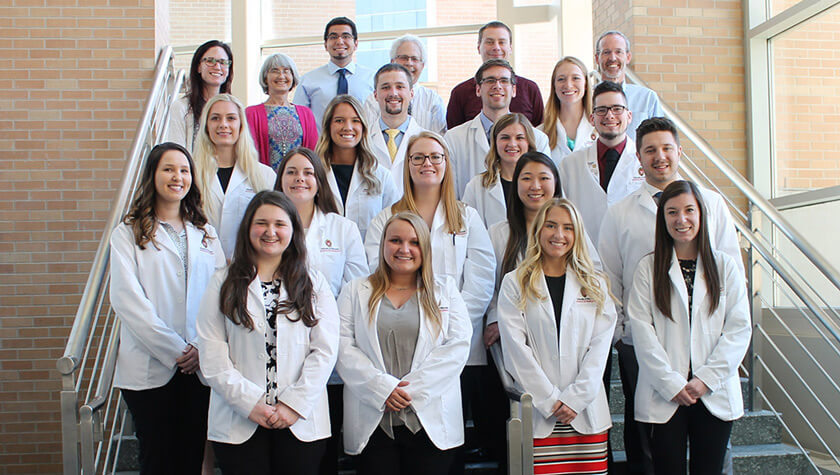
Through a new option in the School’s PharmD program, future pharmacists learn how to identify needs and innovate practice in areas that need it most.
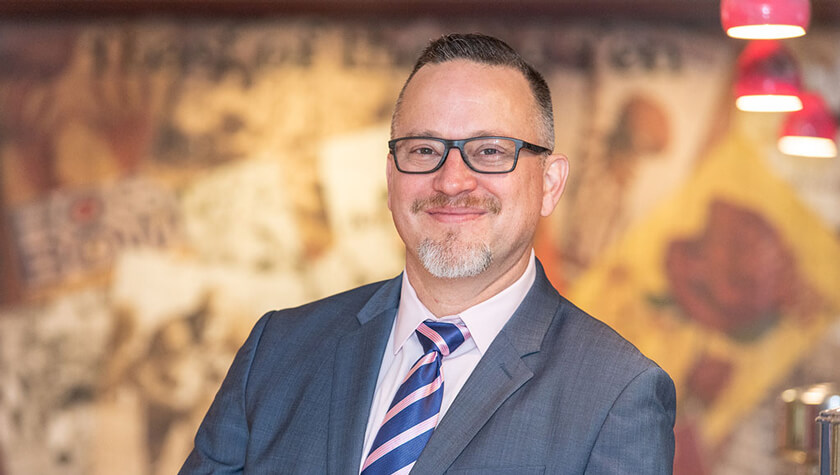
Alumnus Gavin Arteel is honored with 2019 PharmTox Alumnus of the Year for his distinguished contributions to liver disease research.
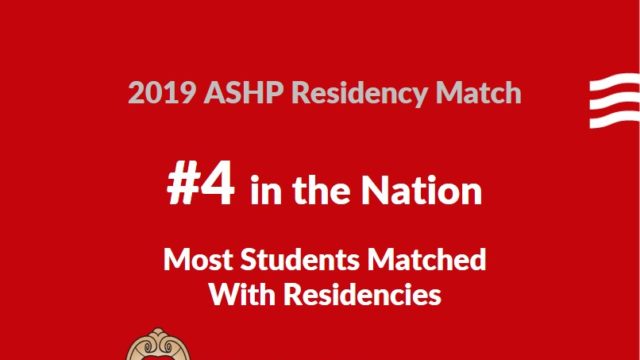
A record number of PharmD students at the School of Pharmacy matched with ASHP residencies this year, making the School fourth in the nation for the most students matched with residencies.